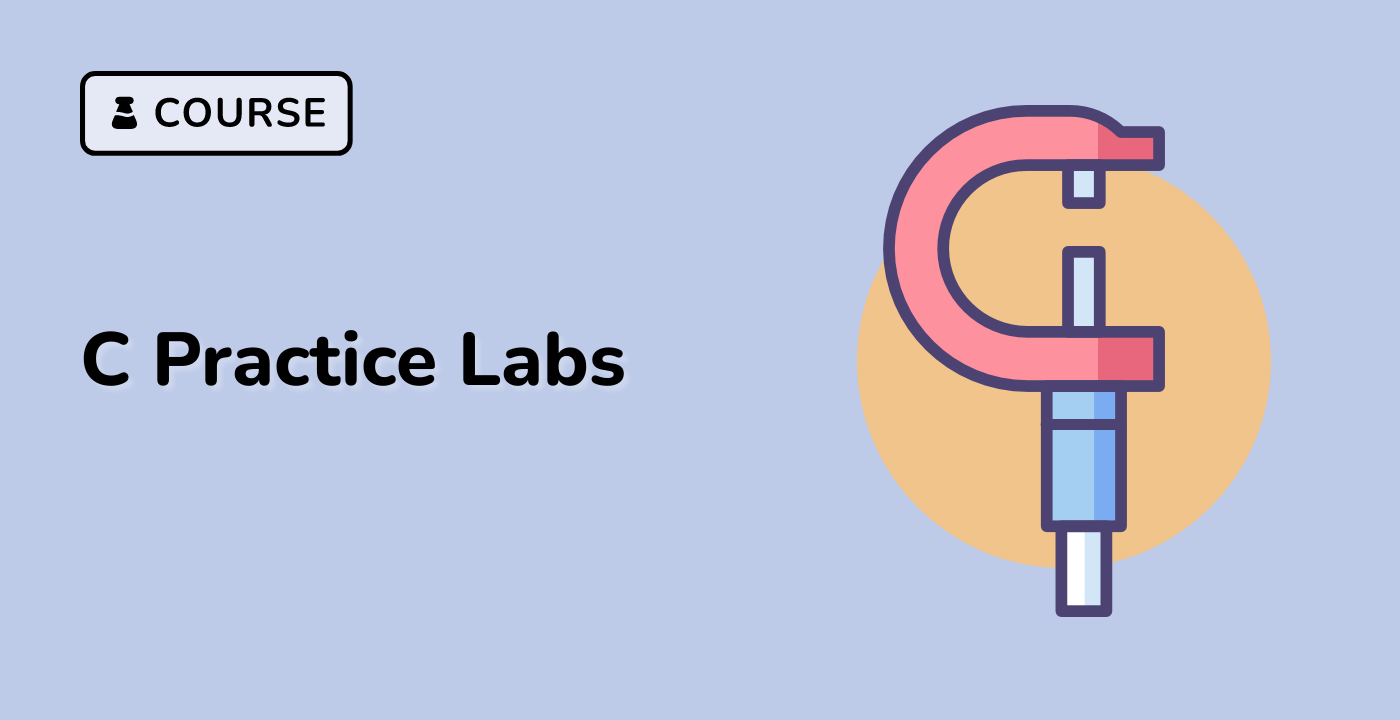Optimization Techniques
Compilation Optimization Overview
graph TD
A[Optimization Techniques] --> B[Compiler Optimization]
A --> C[Code-Level Optimization]
A --> D[Performance Profiling]
Compiler Optimization Levels
GCC Optimization Flags
| Level |
Flag |
Description |
| No Optimization |
-O0 |
Default, fastest compilation |
| Basic Optimization |
-O1 |
Moderate optimization |
| Moderate Optimization |
-O2 |
Recommended for most cases |
| Aggressive Optimization |
-O3 |
Maximum performance |
| Size Optimization |
-Os |
Minimize code size |
Compiler Optimization Strategies
1. Code Generation Optimization
// Inefficient Code
int calculate_sum(int* arr, int size) {
int sum = 0;
for(int i = 0; i < size; i++) {
sum += arr[i];
}
return sum;
}
// Optimized Code
int calculate_sum(int* arr, int size) {
int sum = 0;
int* end = arr + size;
while(arr < end) {
sum += *arr++;
}
return sum;
}
2. Loop Optimization Techniques
## Enable loop unrolling
gcc -O2 -funroll-loops source.c
3. Inline Function Optimization
// Inline function recommendation
static inline int max(int a, int b) {
return (a > b) ? a : b;
}
Memory Optimization
Reducing Memory Allocation
// Inefficient Memory Usage
char* create_string() {
char* str = malloc(100);
strcpy(str, "Hello");
return str;
}
// Optimized Memory Usage
void create_string(char* buffer, size_t size) {
snprintf(buffer, size, "Hello");
}
## Profiling with gprof
gcc -pg -o program source.c
./program
gprof program gmon.out
Advanced Optimization Techniques
1. Bit-level Optimizations
// Bitwise operation optimization
// Multiplication by power of 2
int multiply_by_8(int x) {
return x << 3; // More efficient than x * 8
}
2. Conditional Compilation
#ifdef DEBUG
printf("Debug information\n");
#endif
LabEx Optimization Recommendations
- Use
-O2 as default optimization level
- Profile code before optimization
- Avoid premature optimization
- Focus on algorithmic efficiency
Compilation with Optimization
## Comprehensive optimization
gcc -O2 -march=native -mtune=native source.c
graph LR
A[-O0] --> B[Slow Execution]
C[-O2] --> D[Balanced Performance]
E[-O3] --> F[Maximum Performance]
Best Practices
- Measure before and after optimization
- Use profiling tools
- Understand compiler behavior
- Write clean, readable code
- Optimize critical sections
Conclusion
Effective optimization requires a balanced approach, combining compiler techniques and algorithmic improvements.




